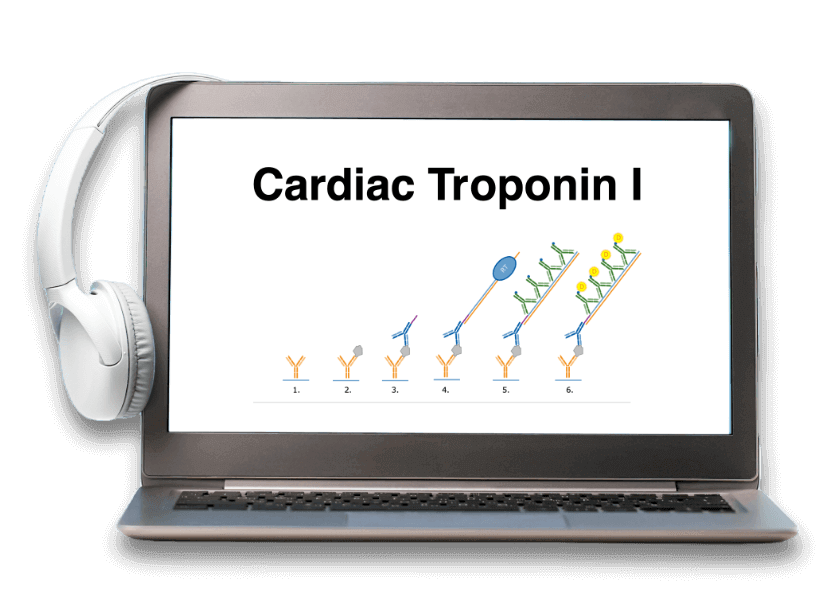Front page
Ultra-sensitive detection using standard immounoassay workflows
Watch the video to
see how it works.

Introducing the world’s most practical ultra-sensitive signal amplifier.
No matter what immunoassay you run, there are plenty of options for signal amplification. But most involve investing in locked systems with expensive instruments.
With Exazym®, researchers can now achieve up to 200x signal amplification with their current immunoassay. It is so easy and inexpensive that it puts highly reliable immunoassay amplification within reach of every researcher on Earth. See for yourself and spread the word.
Learn moreA revolutionary new amplification method
Binding Oligo Ladder Detection (BOLD)
Exazym® is powered by a novel detection methodology called BOLD. It dramatically and reliably amplifies immunoassay signal by up to 200 times.
Order your Exazym® test kits online
Exazym® can be used to:- Increase the sensitivity of existing immunoassays assays
- Increase the sensitivity of any immunoassay test or system
- Test the limits of sensitivity or detect new biomarkers
- Improve existing products or products in development
- One-on-one customer support to get started
- Troubleshooting
- Customization of kits if required
- Collaboration on new immunoassay development
- Everything you need to get started with Exazym® can be purchased on our webshop right now.
See our conference schedule to meet Cavidi
Cavidi will present our research using BOLD technology at conferences throughout 2025. Meet us and see how Exazym® can enhance your immunoassay.
View ScheduleKeep in touch
Join our mailing list to receive new information relating to biomarker discovery and detection.



